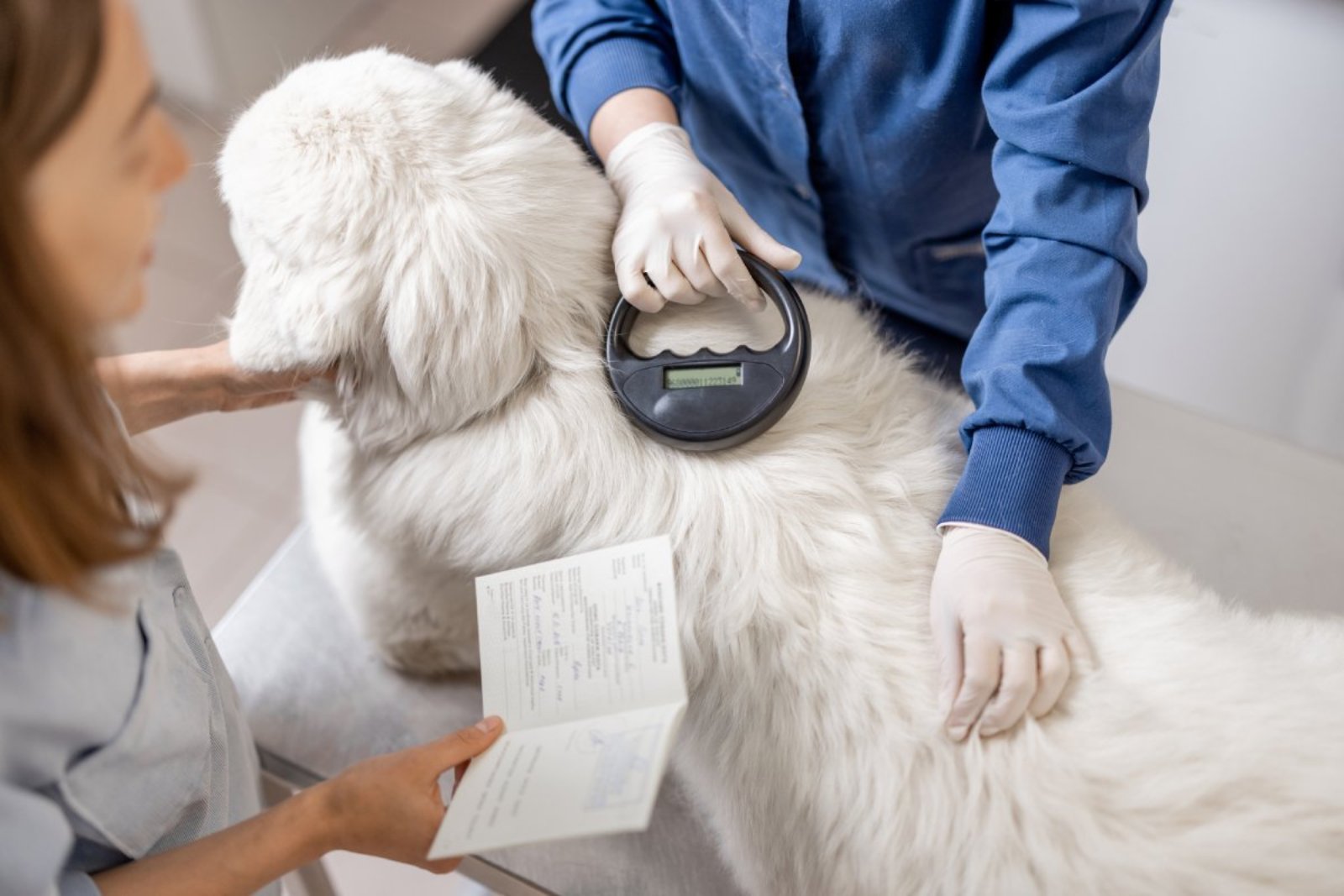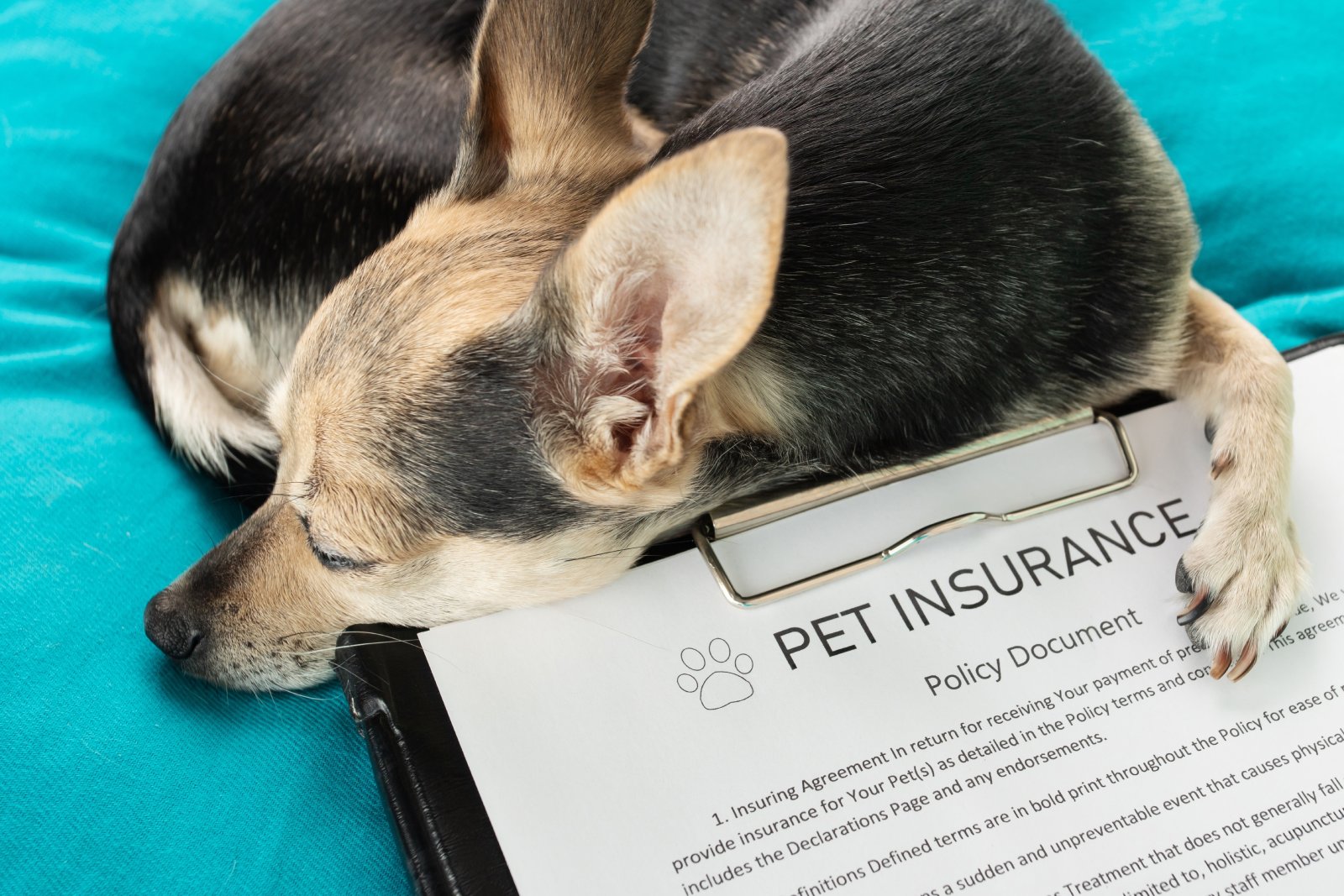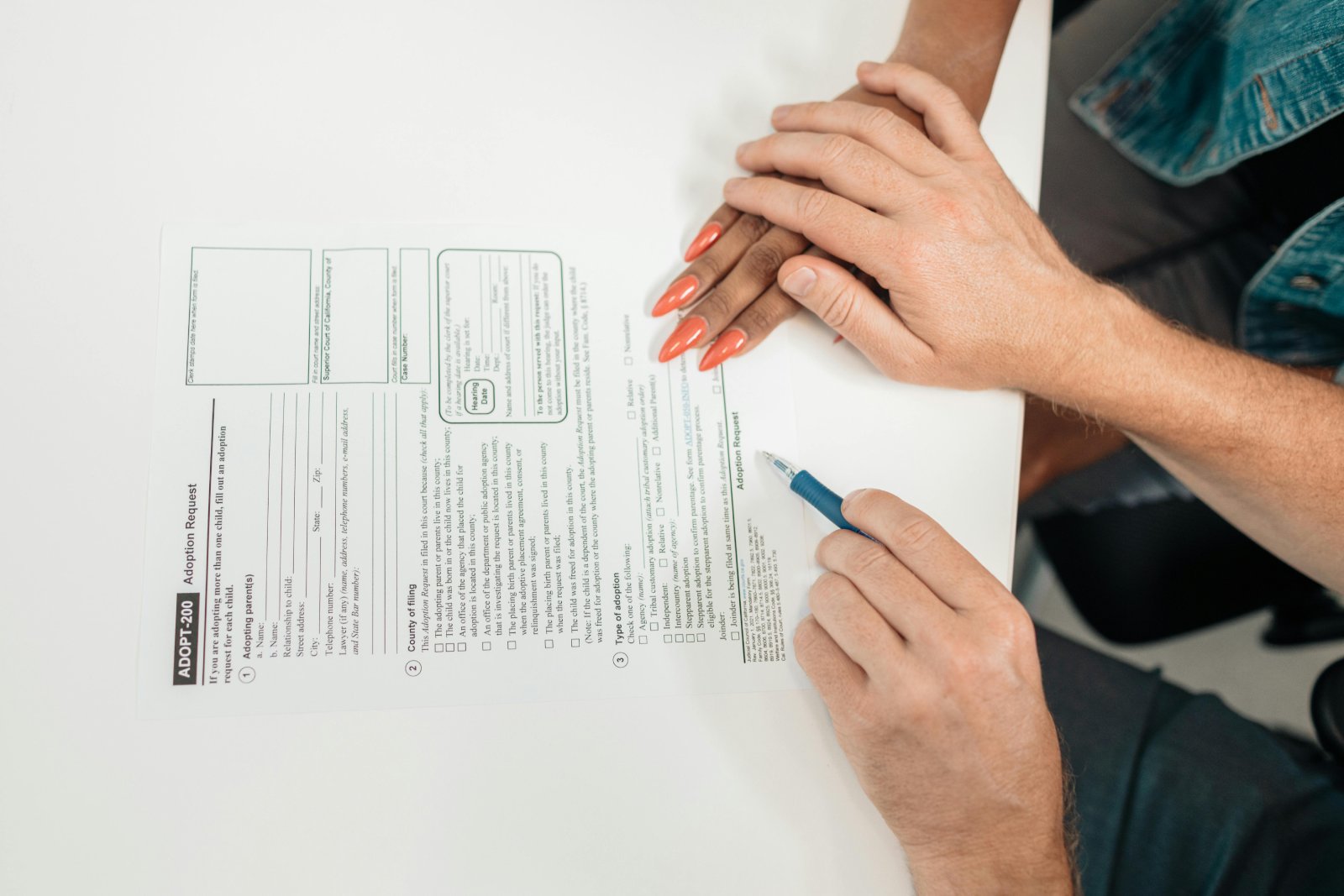When relationships end, pets can become the centre of emotional and legal battles. What would you do in case of a breakup? Here’s how UK law protects you in disputes over pet custody and financial responsibility.
1. Pets as Property

In the UK, pets are legally considered property under the law. This means that during a divorce, pets are treated similarly to household items or assets.
2. Pet Custody in Divorce

During a divorce, the court decides pet custody based on ownership rather than the pet’s best interest. The person who can prove ownership through purchase receipts or adoption papers usually retains custody.
3. The Case of Ant McPartlin

In 2018, TV presenter Ant McPartlin’s divorce highlighted pet custody issues. McPartlin and his ex-wife Lisa Armstrong fought over their dog, Hurley, leading to a shared custody agreement where the dog would spend a week with each.
4. Proof of Ownership

Proving ownership is crucial in pet disputes. Receipts, microchip registration, and vet records are key documents used to establish ownership in legal disputes.
5. Financial Responsibility

Financial responsibility for the pet typically falls on the person who retains custody. This includes ongoing costs such as food, vet bills, and insurance.
6. Pet Insurance Policies

Pet insurance policies often list the primary owner, which can be used in court to determine custody. Ensuring the insurance is in the correct name can prevent future disputes.
7. Prenuptial Agreements

Including pets in prenuptial agreements can preemptively resolve custody issues. This legally binding document specifies who will keep the pet in case of a breakup.
8. Co-Ownership Agreements

For unmarried couples or housemates, a co-ownership agreement can outline responsibilities and custody arrangements. This contract can be referenced in court if disputes arise.
9. The Role of the Pet’s Wellbeing

Although pets are considered property, courts may sometimes consider the pet’s wellbeing. Evidence of who has been the primary caregiver can influence the court’s decision.
10. Adult Children Leaving Home

When adult children leave home, disputes can arise over family pets. The person who has primarily cared for the pet, demonstrated through vet visits and expenses, typically retains custody.
11. The Case of Tom Hardy

Actor Tom Hardy’s custody battle over his dog Woodstock gained public attention. Hardy fought to keep Woodstock after his relationship ended, citing his role as the primary caregiver.
12. Veterinary Records

Veterinary records can serve as evidence of primary care. Regular vet visits and recorded payments can support claims of ownership and custody.
13. Microchipping Laws

UK law requires dogs to be microchipped, listing the owner’s details. The name on the microchip can be a critical piece of evidence in custody disputes.
14. Financial Contributions

Evidence of financial contributions towards the pet’s care can influence custody decisions. This includes receipts for food, grooming, and medical care.
15. Shared Custody Arrangements

Shared custody arrangements can be court-ordered, as seen in some high-profile cases. This often involves a rotating schedule, where the pet alternates between homes.
16. Emotional Support Claims

Claims of emotional support provided by the pet can influence custody outcomes. Courts may consider the emotional bond between the pet and the owner when making decisions.
17. Social Media Evidence

Social media posts showing who the pet spends most time with can be used as evidence. Photos and posts about daily care routines can support custody claims.
18. Dispute Mediation

Mediation services can help resolve pet custody disputes outside of court. Mediation offers a less adversarial process, aiming for amicable agreements.
19. The Role of Animal Charities

Animal charities can provide advice and support in custody disputes. Organisations like the RSPCA offer guidance on legal rights and responsibilities.
20. Future Legal Changes

There are ongoing discussions about changing the legal status of pets in the UK. Future laws might consider the pet’s welfare more directly in custody disputes.
Navigating the Legal Landscape

Breaking up is hard enough without the added stress of pet custody battles. Understanding your legal rights and responsibilities can help you navigate these difficult situations and ensure the best outcome for you and your pet.
Featured Image Credit: Shutterstock / Astrid Gast.
For transparency, this content was partly developed with AI assistance and carefully curated by an experienced editor to be informative and ensure accuracy.

